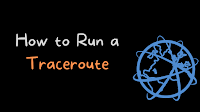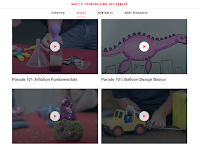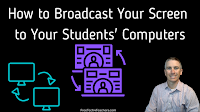4 tips for using data to differentiate instruction
Finding ways to help all students grow academically – regardless of where they are starting from – can be challenging. From my experiences teaching special education, general education, and English Learners, I can tell you there is no one-size-fits-all approach that works.
In order to meet the unique and individual learning needs of each student, teachers have to find ways to differentiate instruction, and data is critical to doing so.
Teachers often have a lot of assessment data at their fingertips, but they have to know how to use it in order to be successful. An administrator once said in a meeting, “Data by itself is useless. Data is only useful if you apply it.”
To help guide your own informed data-driven differentiated instruction, here are some things to keep in mind.
Data should be collected consistently over time. It should not just be a one-and-done approach. You must be able to collect data pre- and post-lesson, as well as after any intervention.
Data should be organized by standards. As a math teacher, I appreciate being able to get a detailed look at data that is specifically organized by standards. This helps me better understand what areas students are mastering and what areas they may need more help in.
In Florida, our standards are linked through the grade levels, so the data also allows me to see if students are below grade level and why. For instance, perhaps a student missed a benchmark in a previous year and that is preventing them from moving forward. It’s like building blocks –each grade level prepares you for the next step.
Related:
3 considerations for differentiation in the classroom
Here’s why differentiation isn’t difficult
(see all)



